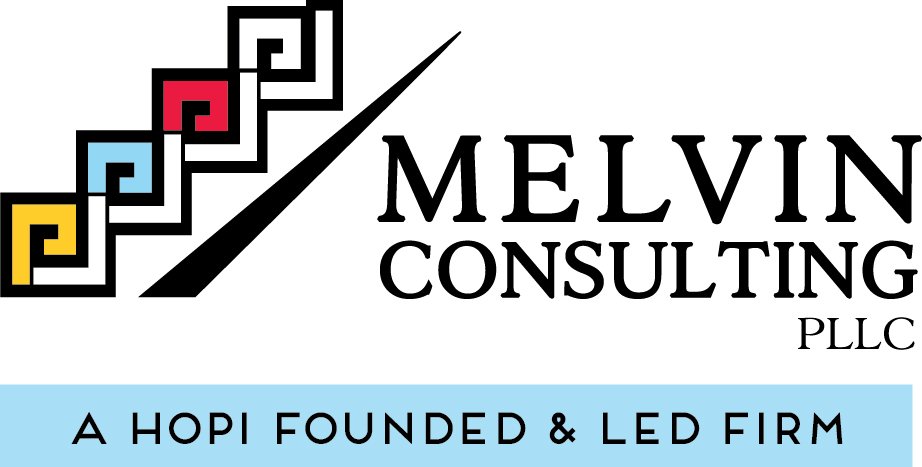Owner's Advisor: A personal trainer for your project.
Involving the right advisor in the pre-project process may be the difference to ensuring your project execution goes smoothly, or not. This blog is the first post in a two-part series, this post will cover what an Owner’s advisor is and what they can do to help you achieve a successful project. In the second post, we will discuss how to select the right candidate for your project. So let’s dive into the basics of an Owner’s Advisor role and their lines of services.
Defining the Role
Prior to discussing services, it is important to define what an Owner’s advisor is. An Owner’s advisor is the broadest term for a third-party specialist, but more precisely it’s a firm with an expertise in a specialized area who is employed or engaged by an Owner to assist in improving internal and external processes. They often provide services in the areas of planning, design, delivery, and/or general advising.
Owners must engage advisors with the appropriate mix of leadership, technical and facilitation skills necessary to create a successful project and outcome. Based on the advisor’s scope of services one or more of these skills may be weighted as more critical to the success of your project than others.
Before jumping into scope of services it’s important to understand the varying degrees of involvement that an Owner can choose to engage with their advisor. This involvement, when listed from least to most are commonly labeled as an Owner’s consultant, Owner’s trusted advisor, and Owner’s representative. As mentioned, this terminology can be correlated with the types of services that an Owner’s advisor would perform.
As an example, a consultant can be hired to perform a specific task or limited set of tasks - such as writing and reviewing a grant proposal. On the other hand, the Owner’s representative would be involved in many aspects of the project and likely be involved for an extended amount of time over the project’s life cycle. However, these definitions and scopes of services are not exclusive of one another. In reality, definitions and services are often dynamic and overlapping as projects evolve.
Scope of Services
The list of potential services that an advisor could offer is quite vast and is driven by the needs of the Owner. For brevity we will focus on common service an Owner’s representative would offer in regards to the construction field. However, many of these ideas can be generalized to apply to any project type. It’s important for the Owner and project team to engage in a robust conversation about what types of outside expertise are necessary for a successful project and what talent you have internally with your current staff.
Now to look at seven critical ways that an Owner’s representative could help you with your next construction project:
Assisting with the request for qualification/proposal (RFQ/RFP) process including the selection of the right design firm or contractor. Potential service consist of writing the RFQ/RFP, developing selection criteria and sitting on the selection committee.
Developing the 10% conceptual design (basis of design). This document allows all of the potential candidates to have the same starting point. Having a well-defined basis of design allows effective comparisons in competing design-build proposals.
Working as an extension of the Owner’s staff during the project life cycle. A large project may require the Owner to hire dedicated staff to help manage it. While using an Owner representative allows you to call upon additional resources as the project requires.
Performing engineering reviews at the design milestones. An extra set of eyes on the plans will help ensure that they are accurate and meet your specifications. An Owner’s representative provides the expertise to evaluate the design work of your design-build team.
Providing value engineering (VE). VE optimizes projects by bringing together a cross-disciplinary team to examine a project and suggest approaches to drive down costs without impacting quality. An Owner’s representative can assemble an independent team of experts to give the project a fresh look.
Preparing constructability reviews. Your Owner’s representative can perform a detailed review of completed plans and specifications. Deficiencies, constructability concerns, conflicts or other issues that may impact the project’s construction sequencing, coordination, safety, cost or schedule will be flagged and addressed early, saving time and money.
Delivering inspection or field services during construction. Ensuring that the quality is maintained and that the construction site runs efficiently and safely with excellent record-keeping is the Owner’s paramount concerns. An Owner’s representative can provide qualified, certified field staff to steward your project.
Where You See the Results
So what is the bottom line when it comes to Owner’s advisor? Well, there are several key benefits that an Owner can take advantage of in hiring an Owner’s advisor. The first is saving time and money, an Owner’s advisor gives an Owner the ability to quickly ramp up or down their staffing by changing the capacity without the need to hire and train staff. This means an Owner can avoid investing time and money in onboarding and training staff, which becomes costly for a one-time or large project.
A second key benefit is an Owner’s ability to tap into the technical resources of the advisor. This means access to specialized technical staff to answer Owner questions and reduce the uncertainty and risk in a project. Additionally, the advisor’s technical staff can perform specialized tasks or review project documents on an “as-needed” basis. And there are intangible benefits as well. If you identify an Owner’s advisor who is a skilled teacher and trusted advisor, you can count of their experience and expertise to help build the capacity of your internal team.
Contact Melvin Consulting to learn more about how an Owner’s advisor can benefit your project and how we are “Advancing Your Vision from Concept to Concrete”
The opinions expressed in this post are the authors own and does not reflect the view of Melvin Consulting PLLC
